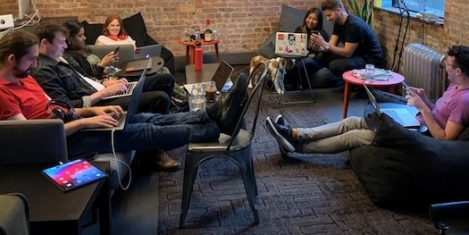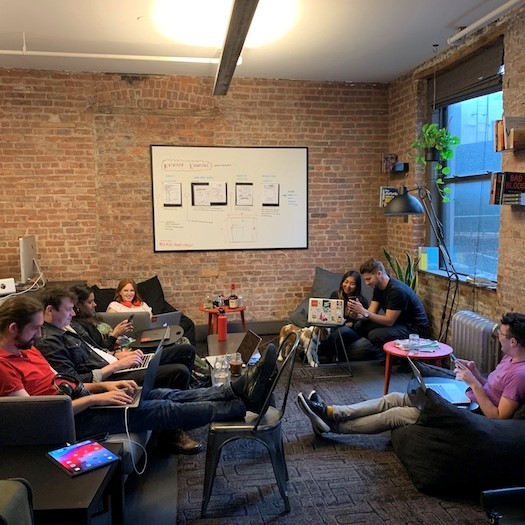To provide the best experiences, we use technologies like cookies to store and/or access device information. Consenting to these technologies will allow us to process data such as browsing behaviour or unique IDs on this site. Not consenting or withdrawing consent, may adversely affect certain features and functions.
The technical storage or access is strictly necessary for the legitimate purpose of enabling the use of a specific service explicitly requested by the subscriber or user, or for the sole purpose of carrying out the transmission of a communication over an electronic communications network.
The technical storage or access is necessary for the legitimate purpose of storing preferences that are not requested by the subscriber or user.
The technical storage or access that is used exclusively for statistical purposes.
The technical storage or access that is used exclusively for anonymous statistical purposes. Without a subpoena, voluntary compliance on the part of your Internet Service Provider, or additional records from a third party, information stored or retrieved for this purpose alone cannot usually be used to identify you.
The technical storage or access is required to create user profiles to send advertising, or to track the user on a website or across several websites for similar marketing purposes.
 Two new studies suggest that the failure to keep workers equipped with the latest technology is having a huge impact on their productivity and causing them to waste large amounts of time. According to the first piece of research from tech provider Insight, UK office workers waste 1.8 billion working hours every year because the outdated technology they’re given isn’t good enough to meet their needs. (more…)
Two new studies suggest that the failure to keep workers equipped with the latest technology is having a huge impact on their productivity and causing them to waste large amounts of time. According to the first piece of research from tech provider Insight, UK office workers waste 1.8 billion working hours every year because the outdated technology they’re given isn’t good enough to meet their needs. (more…)











 Most US workers prefer to spend some time in an office (83 percent) over fully working from home, according to
Most US workers prefer to spend some time in an office (83 percent) over fully working from home, according to 
 To mark the launch of its new guide, Meetings Matter,
To mark the launch of its new guide, Meetings Matter, 


 In the UK approximately 1 in 100 people (600,000) have a diagnosis of epilepsy, yet despite anti-discrimination legislation, people with epilepsy in the UK are more than twice as likely as those without the condition to be unemployed. That is the main conclusion of a report from
In the UK approximately 1 in 100 people (600,000) have a diagnosis of epilepsy, yet despite anti-discrimination legislation, people with epilepsy in the UK are more than twice as likely as those without the condition to be unemployed. That is the main conclusion of a report from











February 7, 2019
Maybe the time has come to shoot the workplace messenger
by Rob Harris • Comment, Flexible working, Wellbeing, Workplace design